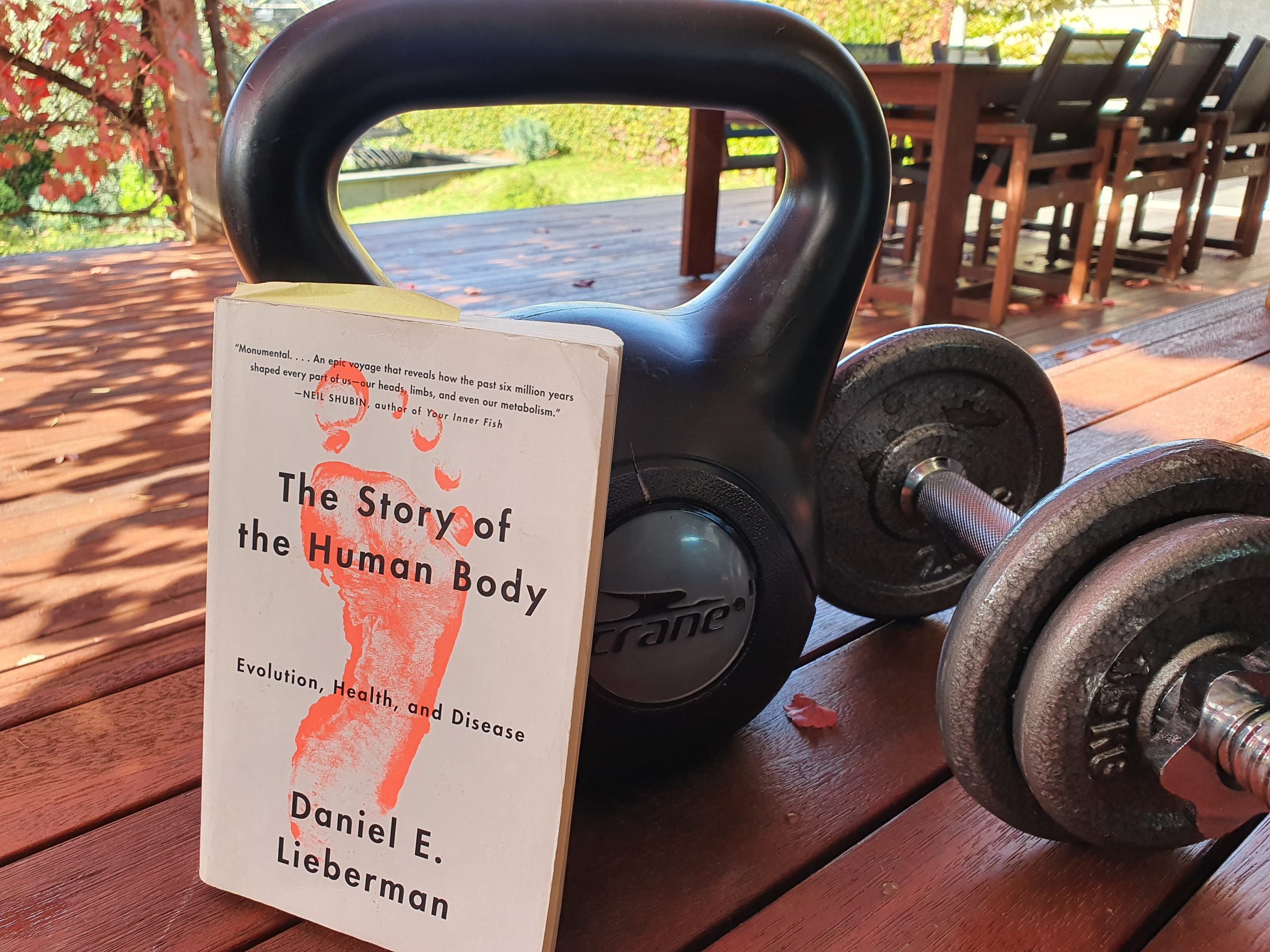


Of the two, Nash’s name is a familiar one even to the general public thanks to the 2001 film about him, A Beautiful Mind, loosely based on Sylvia Nasar’s bestseller biography of the same name, which was published in 1998, four years after Nash won the Nobel Prize in Economic Sciences. The awards ceremony will be held on May 19 in Oslo and King Harald of Norway will give away the prize. The Abel Prize (“Science of chance”, Frontline, April 20, 2007) recognises contributions of extraordinary depth and influence in mathematical sciences and comes with a cash award of six million Norwegian kroner (about €700,000 or $750,000), which this year the two winners will share equally. Announcing the winners on March 25, the Norwegian Academy of Sciences and Letters, which has been awarding this prestigious prize since 2003, said in its citation that the two were being awarded for their “striking and seminal contributions to the theory of non-linear partial differential equations and its applications to geometric analysis”. His research and discoveries have been highlighted in newspapers and magazines, including The New York Times, Boston Globe, Discover, and National Geographic.TWO outstanding mathematicians of the 20th century, the Americans John Forbes Nash Jr of Princeton University and Louis Nirenberg of the Courant Institute of Mathematical Sciences, New York University (NYU), have been chosen for the 2015 Abel Prize, the Nobel equivalent for mathematics. He has written nearly 100 articles, many appearing in the journals Nature and Science, and his cover story on barefoot running in Nature was picked up by major media the world over. 'Riveting, enlightening, and more than a little frightening' - Christopher McDougall, author of Born to Runĭaniel Lieberman is the Chair of the Department of Human Evolutionary Biology at Harvard and a leader in the field. The Story of the Human Body, by one of our leading experts, takes us on an epic voyage' - Neil Shubin, author of Your Inner Fish How is the present-day state of the human body related to the past? And what is the human body's future? The Story of the Human Body asks how our bodies got to be the way they are, and considers how that evolutionary history - both ancient and recent - can help us evaluate how we use our bodies. Never have we been so healthy and long-lived - but never, too, have we been so prone to a slew of problems that were, until recently, rare or unknown, from asthma, to diabetes, to - scariest of all - overpopulation. Our 21st-century lifestyles, argues Daniel Lieberman, are out of synch with our stone-age bodies. It's also normal to spend much of your time nursing, napping, making stone tools, and gossiping with a small band of people.

From an evolutionary perspective, if normal is defined as what most people have done for millions of years, then it's normal to walk and run 9 -15 kilometres a day to hunt and gather fresh food which is high in fibre, low in sugar, and barely processed. This ground-breaking book of popular science explores how the way we use our bodies is all wrong. In The Story of the Human Body, Daniel Lieberman, Professor of human evolutionary biology at Harvard, shows how we need to change our world to fit our hunter-gatherer bodies


 0 kommentar(er)
0 kommentar(er)
